Early signs that your brain is failing you

Memory lapses happen to everyone from time to time. But when forgetfulness or confusion becomes consistent, it may signal something more serious. Dementia is not a single disease but a group of conditions that affect memory, thinking, and daily function. Recognizing the early signs of dementia can make a real difference in getting timely support, improving quality of life, and slowing cognitive decline.
Frequent Memory Loss
Forgetting recently learned information or repeatedly asking the same questions may indicate more than normal aging. This type of memory loss can interfere with conversations, work, or everyday routines.¹
Difficulty Completing Simple Tasks
When tasks that used to be second nature — like paying bills, cooking a familiar recipe, or following a daily schedule — become confusing or overwhelming, it may be a sign of cognitive decline.²
Disorientation in Time and Space
Losing track of dates, seasons, or familiar places (such as getting lost in your own neighborhood) is another common early symptom. This disorientation can increase safety risks and impact independence.³
Trouble Finding the Right Words
Pausing mid-sentence, using incorrect words, or struggling to follow a conversation may reflect changes in brain regions responsible for language and communication.⁴
Changes in Mood or Personality
Subtle but important indicators include irritability, withdrawal from social activities, or apathy. Personality changes often emerge before more severe symptoms and can be distressing for both patients and families.¹
Prevention and Support: Taking Steps Early
While there is no cure for dementia, prevention and early intervention matter. Research highlights the role of regular exercise, balanced nutrition, quality sleep, and mental stimulation in protecting brain health. The gut-brain axis also plays a role, with emerging evidence showing that gut microbes influence inflammation and neurotransmitters linked to cognition.⁵
The Cerenovex Connection
Cerenovex is designed to support the gut–brain connection by promoting microbial balance and helping maintain the body’s natural equilibrium. Combined with lifestyle choices such as physical activity, social engagement, and a nutrient-rich diet, it offers a complementary approach to supporting brain function and resilience.
References:
1) https://www.alz.org/alzheimers-dementia/10_signs?
2) https://www.nia.nih.gov/health/memory-loss-and-forgetfulness/memory-problems-forgetfulness-and-aging
4) https://www.mayoclinic.org/diseases-conditions/alzheimers-disease/symptoms-causes/syc-20350447?
5) https://journals.physiology.org/doi/full/10.1152/physrev.00018.2018?utm_source=chatgpt.com


